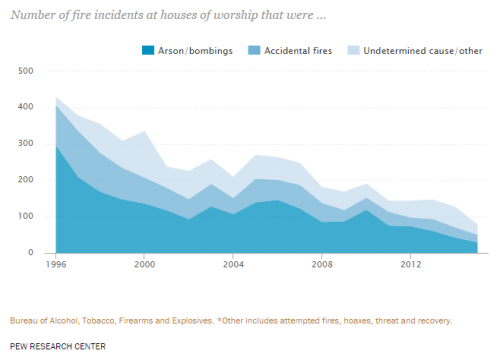Trigger warning for racist language and discussions of racial violence.
After the storm had passed, while New Orleans was still in a state of crisis, residents of a predominantly white neighborhood that had escaped flooding, Algiers Point, took it upon themselves to violently patrol their streets.
“It was great!” says one man interviewed below. “It was like pheasant season in South Dakota. If it moved, you shot it!” According to one witness testimony, they were looking for “anything coming up this street darker than a paper bag…” At least 11 black men were shot.
Here is a short interview with two of the men of Algiers Point, from the documentary Welcome to New Orleans:
This next video, sent in by reader Martha O., includes some of the footage above, but focuses much more on the experiences of several African American men who lived in the neighborhood and were shot or threatened by their White neighbors.
The men talk about the panic and terror they felt during these incidents. Toward the end, Donnell Herrington watches footage of the White residents bragging about their exploits. It’s brutal to watch this man listening to the militia members talk about shooting African Americans casually and with obvious enthusiasm and pride.
The video is part of an in-depth story about the Algiers Point shootings featured in The Nation in 2008. And as Martha explained, it’s a harrowing example of how swiftly organized violent racism can emerge when external constraints are even briefly weakened.
Originally posted in 2012. Watch the full documentary here.
Gwen Sharp is an associate professor of sociology at Nevada State College. You can follow her on Twitter at @gwensharpnv.








